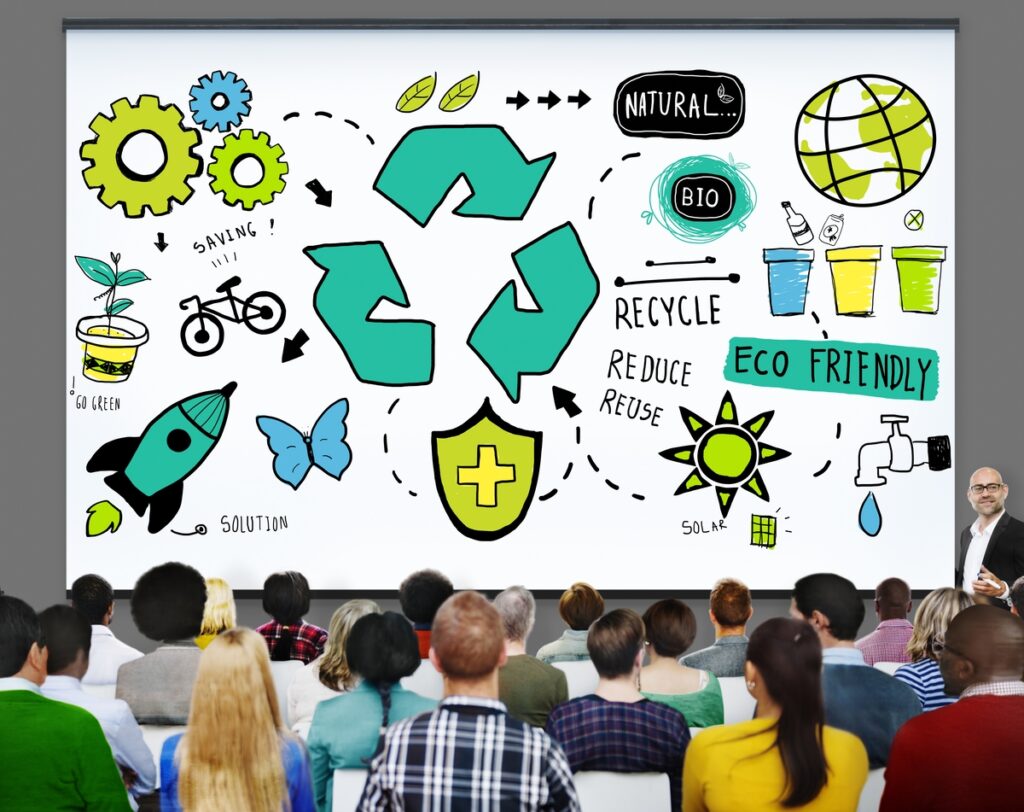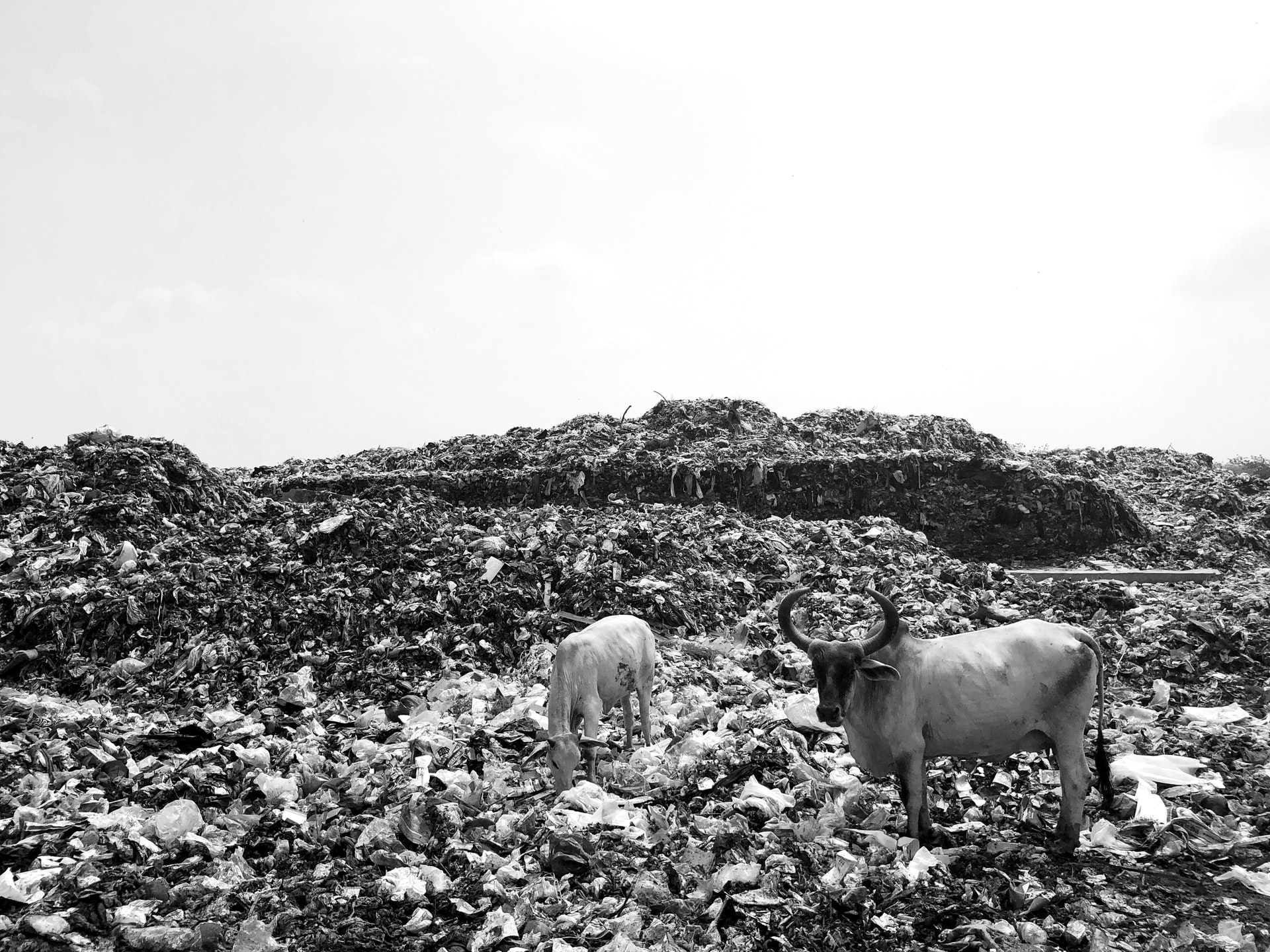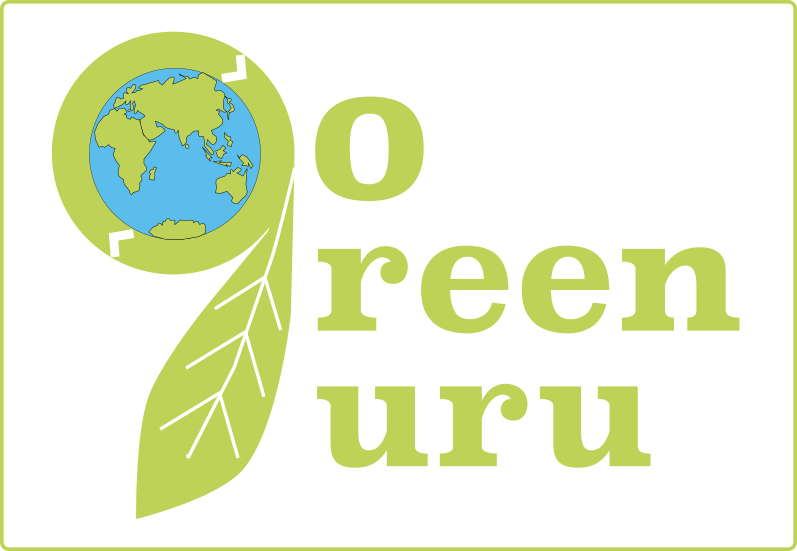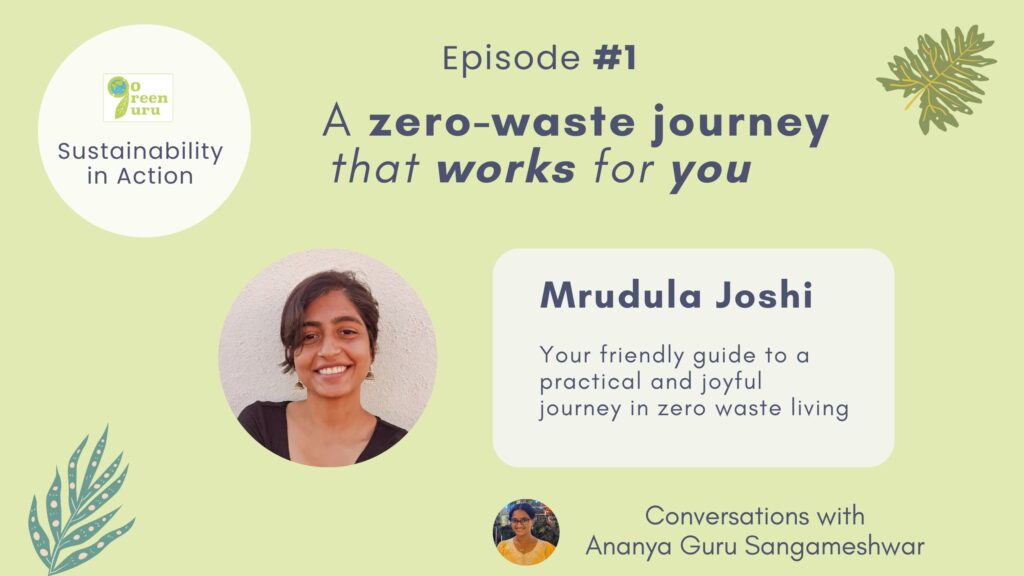Zero Waste Lifestyle and Smart Waste Management

The world has a serious waste management problem. The more affluent the society becomes, the more waste is generated. This waste now overruns the landfills. It covers our lands across cities, towns, villages and across our fields, mountains and forests. It has polluted our water bodies, our oceans and entered our food streams. Unless we bring a significant behavioural change across our societies, adopt smart waste management practices, and move back to a Zero Waste Lifestyle, all life on our planet would continue to suffer serious consequences.
I remember my childhood days when India used to be a Zero Waste society. Resource scarcity and economic necessity ensured that nothing is wasted. Our mothers were the ultimate recyclers. Tins and bottles were upcycled into storage containers. Every scrap of paper, newspapers, books, magazines, used notebook pages, and milk sachets used to be sold to neighbourhood waste paper dealers for money. Unused notebook pages would be bound into new notebooks. Every piece of cloth used to go through multiple cycles handed down from the oldest to youngest in the family then converted to dusting cloth and later mopping cloth. Shirts, pants, dresses which no longer fit and were in good condition used to be bartered for vessels by traveling vessel dealers. Sarees used to be upcycled as quilts or dresses. Scrap cloth converted into beautiful functional quilts. All metal items and plastic items used to be handed over to neighborhood scrap dealers for money.

Slowly as our society progressed and affluence increased all these practices started disappearing. We have become a waste generating society from a Zero Waste society. Municipal waste collection without adequate waste management measures has led to huge garbage landfill problems across the country. Use and throw culture and indiscriminate dumping of waste have polluted our streets, parks, open areas, sewage systems, and water bodies. Our whole world is becoming a big dump yard and soon no part of land or water bodies will escape this fate.

Now more than ever it is imperative that we bring the Zero Waste society of the 70s and 80s back. This would secure access for our future generations to clean land, air, and water. The cost of not doing anything would be very high in both economic and social terms. It would have a significant bearing on the health and well-being of all the life on the planet.
Zero Waste can be achieved by pursuing the following two Goals:
Goal 1: The first goal in this journey is to reduce the amount of waste generated by each one of us.
- If you are an individual or living with family, this can be achieved by following the simple Zero Waste tips for Individuals listed below.
- Encourage your community to adopt and follow the Zero Waste Tips for Residents Welfare Associations(RWAs) of standalone residential buildings, gated communities, localities, and townships.
- If you are working in a corporate company or you are a producer or a brand owner follow the Zero Waste tips for companies/ producers/ brand owners.
- If you are a restaurant or retail business owner or working for such business follow the Zero Waste tips for Restaurants/Food Courts/Food Trucks/ Shops
Goal 2: The second goal for each household/community/establishment/industry would be to send minimal waste to municipal waste dumps and eventually to landfills or incinerators..
- This can be achieved by Waste Segregation, Composting of wet waste, and recycling of dry waste.
- Tie up with neighborhood waste paper and scrap dealers and/or local recyclers.
- Construction & Demolition (C&D) waste is sent to the C&D recycling facilities authorised by the civic authorities.
- We also need to work with local municipal or gram panchayat authorities to ensure only non-recyclable waste is dumped into landfills or incinerated. Civic authorities need to ensure that scientific waste management practices are followed in managing the waste. Citizen involvement is key for the same.
Featured Image Credit: Reduce, Reuse, Recycle, Bio-degradable, Eco Concepts Image by rawpixel.com
Want to go zero waste? Click here for some useful zero waste tips for individuals.



Insightful article. We need to take responsibility for our waste and be more conscious in the way we live!